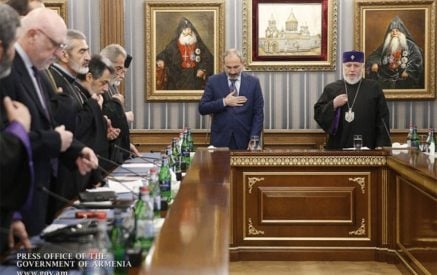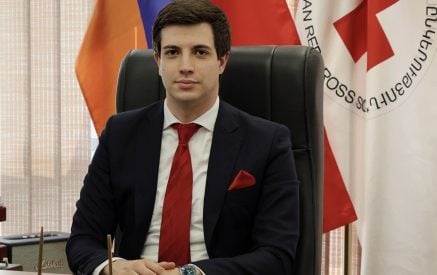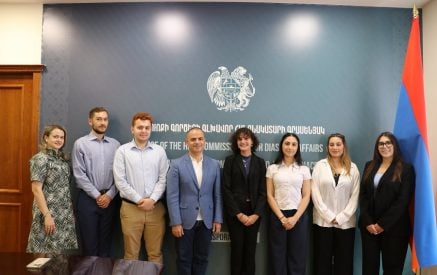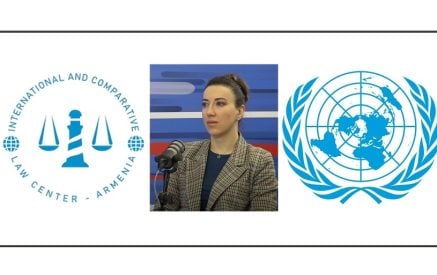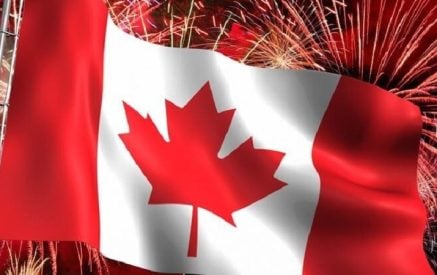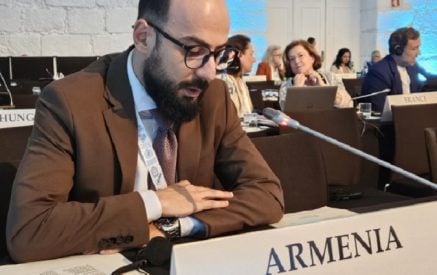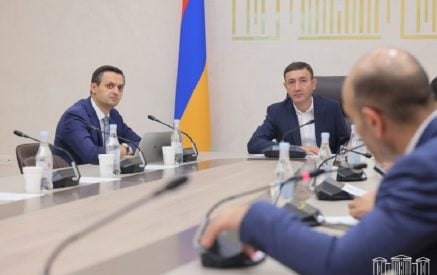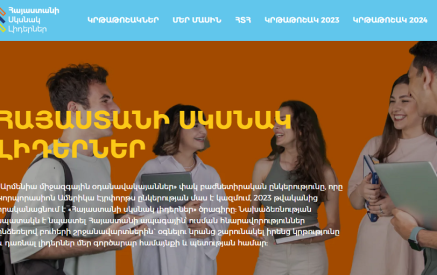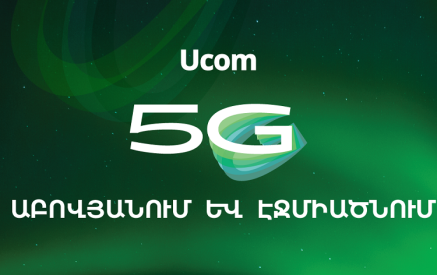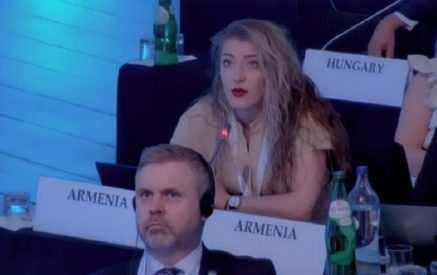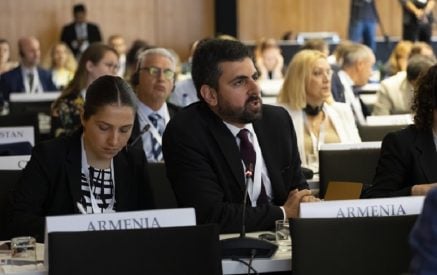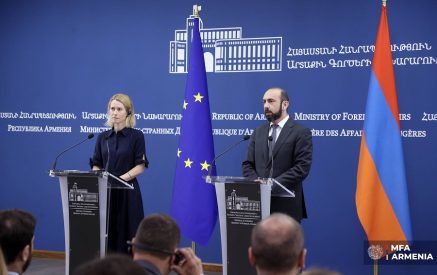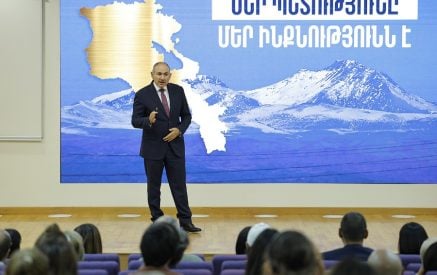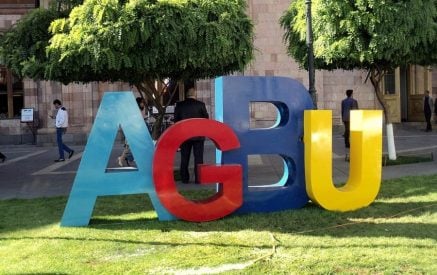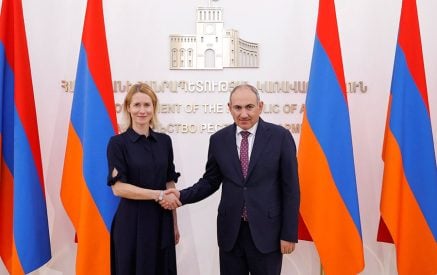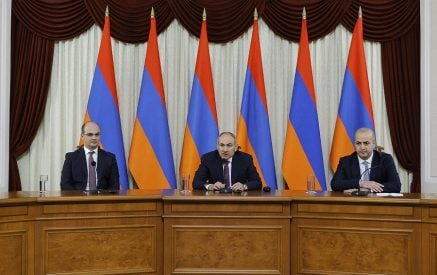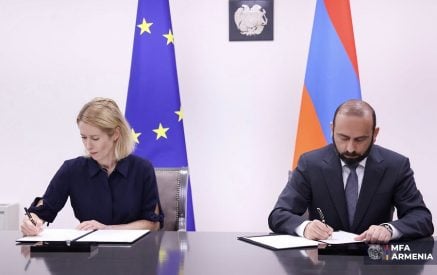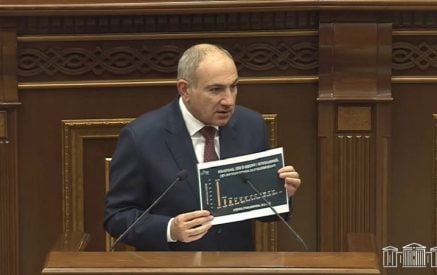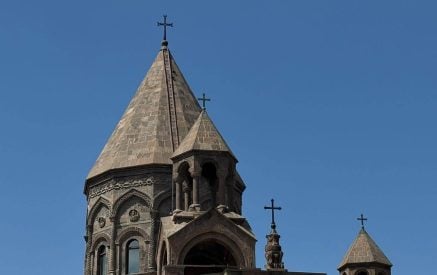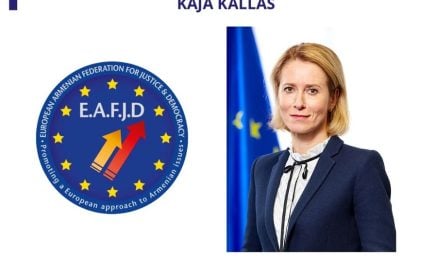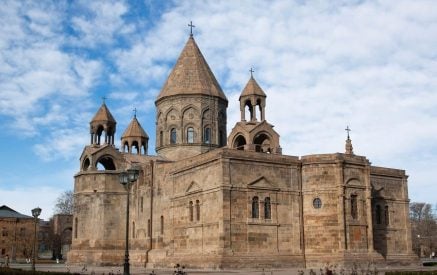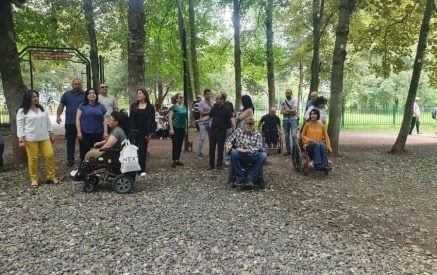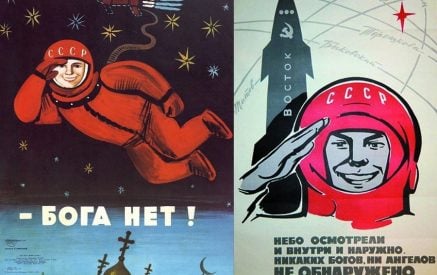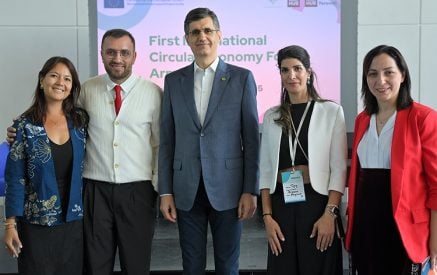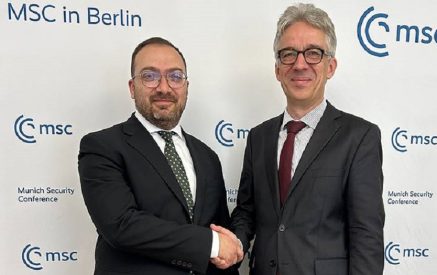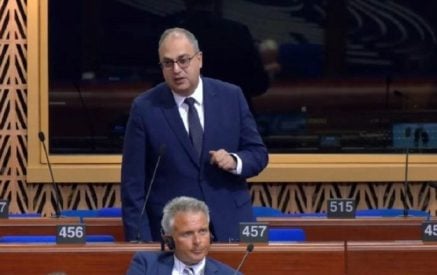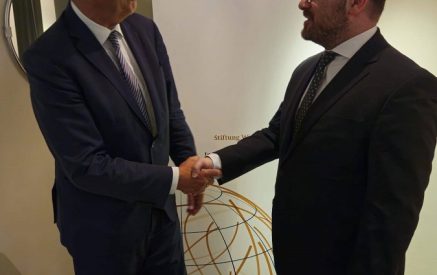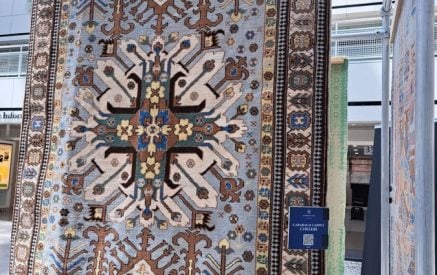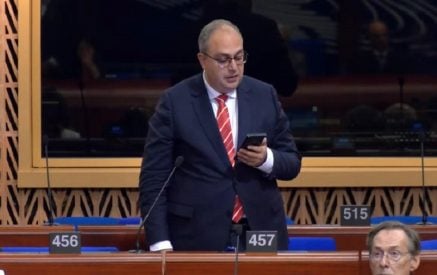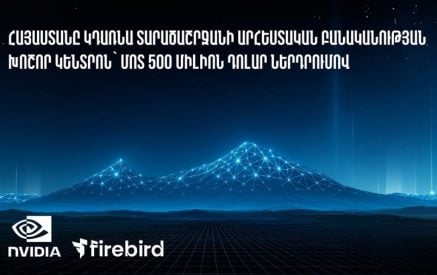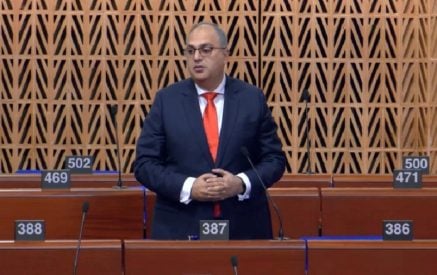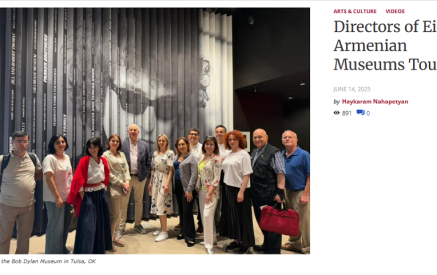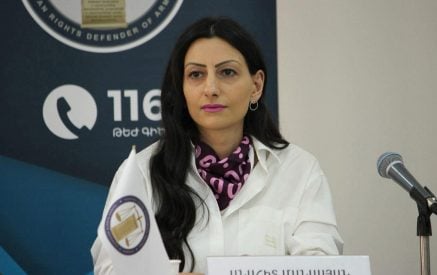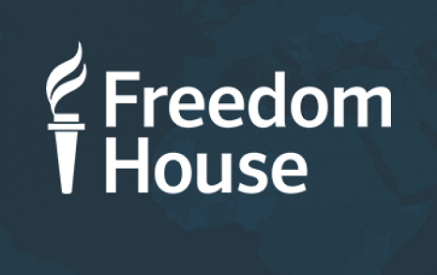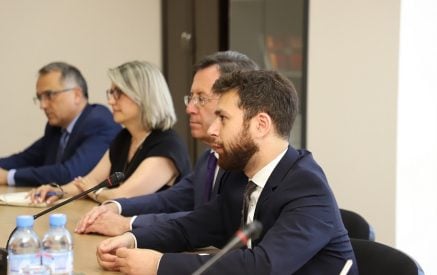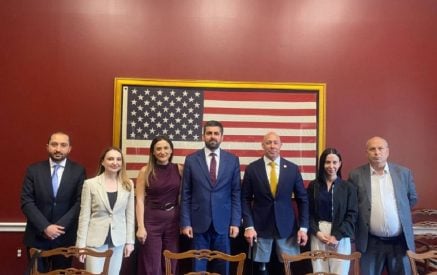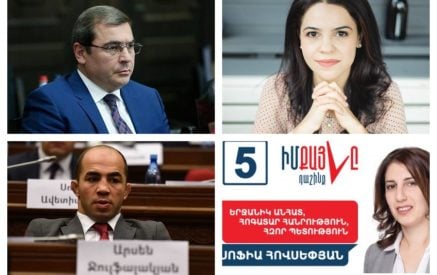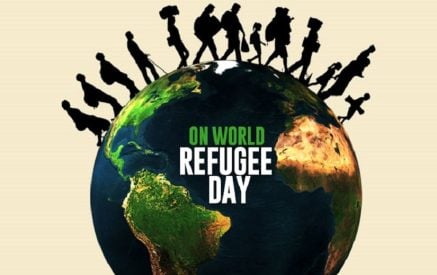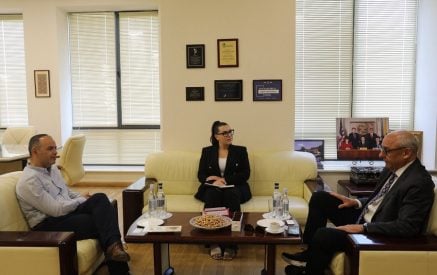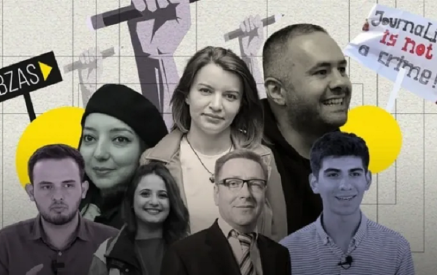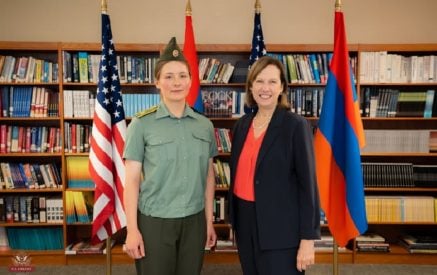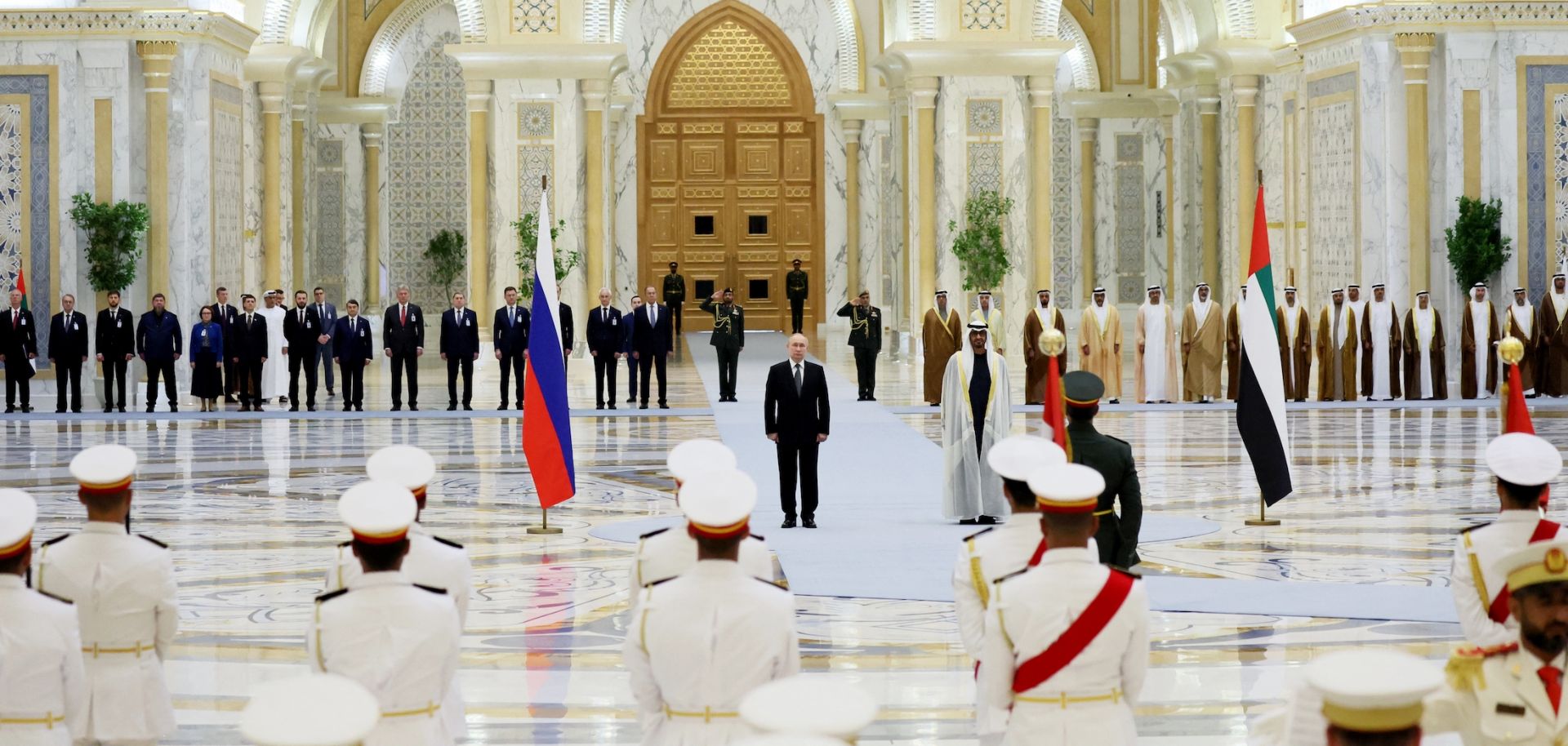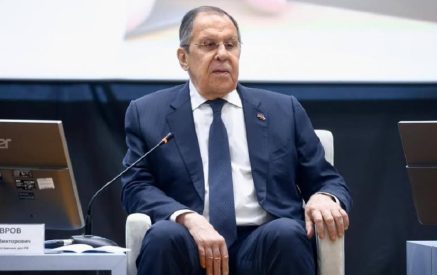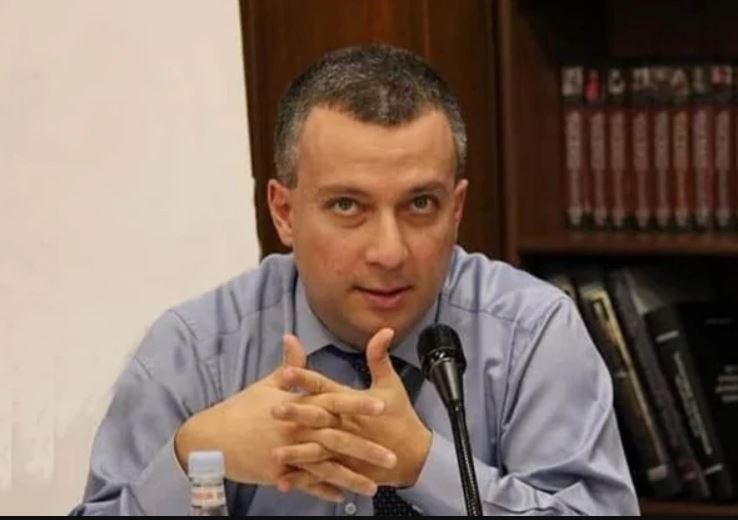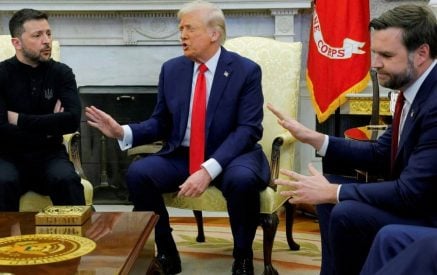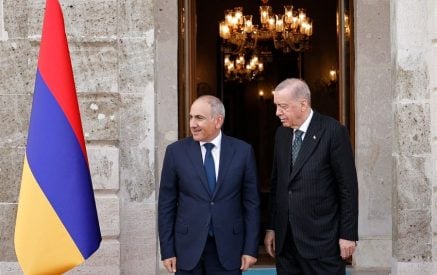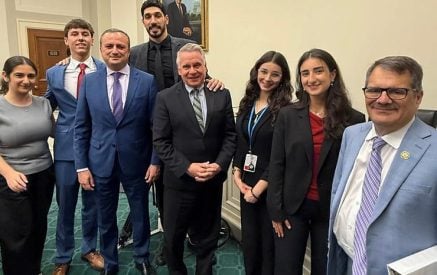Russian President Vladimir Putin’s trip to Saudi Arabia and the United Arab Emirates aims to align the oil-rich countries on OPEC+ policy and reassure them about Russia’s growing ties with Iran, while the likely lack of a significant U.S. response to the visit will create space for deeper Russian-Gulf cooperation and further foreign travel by Putin.
On Dec. 6, Putin traveled to Saudi Arabia and the United Arab Emirates to discuss bilateral relations, oil trade and prices, and international affairs, namely the ongoing Israel-Hamas war in Gaza. During his meeting with UAE leader Mohammed bin Zayed Al Nahyan, Putin noted that relations between Russia and the United Arab Emirates had reached an ”unprecedentedly high level,” and that Abu Dhabi was Moscow’s main trading partner in the Arab world, with trade turnover between the two countries reportedly increasing by more than 67% last year. And in his meeting with Saudi Arabia leader Crown Prince Mohammed bin Salman, Putin said nothing could hinder the development of friendly relations between Moscow and Riyadh, while the crown prince expressed his readiness to visit Russia. Putin has only visited countries that neighbor or border Russia since launching the full-scale invasion of Ukraine in February 2022, making his trip to the further-flung Arab Gulf states that much more notable. The trip also marks only Putin’s second time in the Middle East since the invasion, with the first being a trip to Caspian neighbor Iran in July 2022 where he met with Supreme Leader Ayatollah Ali Khamenei. On Dec. 7, immediately upon his return from the Middle East, Putin will host Iranian President Ebrahim Raisi in Moscow to discuss bilateral issues, including economic ties, as well as regional and international issues, especially the conflict in Gaza.
- Before his trip to the United Arab Emirates and Saudi Arabia, Putin had only visited China, Iran and nearby former Soviet states since the Ukraine invasion.
- In March 2023, the International Criminal Court (ICC) issued an arrest warrant for Putin. Countries that have ratified the Rome Statute, the ICC’s founding treaty, would be obliged to arrest Putin if he entered their territory, but neither Saudi Arabia nor the United Arab Emirates is party to that treaty.
- On Nov. 28, Iran’s Tasnim news agency claimed an arrangement had been finalized for the delivery of Russian-made Sukhoi su-35 fighter jets and Russian helicopters to Iran, citing Iran’s deputy defense minister. The Tasnim report did not include any Russian confirmation of the deal. President Raisi’s upcoming visit to Moscow could serve as an appropriate time to confirm a deal, on which big promises have been made by Iranian sources in recent months without tangible progress.
Putin’s rare visit to the two Arab Gulf nations likely reflects Russia’s efforts to build relations with energy producers and financial hubs crucial to opposing the U.S.-led global order in 2024 and beyond. The Russian president’s recent trip to Saudi Arabia and the United Arab Emirates was announced with little forewarning and likely had multiple goals, including:
Read also
- Securing near-term cooperation on pressing issues linked to global oil prices and the war in Ukraine. Russia wants to keep global oil prices high in 2024 to fuel war fatigue in Europe and hurt U.S. President Joe Biden’s re-election chances, which the Kremlin believes will result in reduced material support for Ukraine. And as the de-facto leader of OPEC, Saudi Arabia is crucial to that goal. Discussing the future of the OPEC+ production cut agreement that was reached on Nov. 30 was thus undoubtedly at the top of Putin’s agenda for his trip to the kingdom, where he likely insisted on preserving and possibly expanding supply cuts to keep oil prices from slipping next year. The United Arab Emirates, for its part, has played a key role in enabling Russia to evade Western sanctions throughout the Ukraine war via the use of the UAE currency, the dirham, and the country’s jurisdiction for transactions. During his visit to the United Arab Emirates, Putin thus likely sought assurances that Abu Dhabi would continue to possess an ”independent” financial policy and not move to obstruct Russian oil trade or sanctions evasion at the behest of the United States. With the U.N. COP28 climate summit in Dubai concluding on Dec. 12, Putin probably also wanted to ensure Saudi Arabia and the United Arab Emirates’ alignment on climate issues and opposition to language about a fossil foils phase-out.
- Assuaging UAE and Saudi concerns about Russia’s ties with Iran and position on the Gaza war. Reassuring Saudi Arabia and the United Arab Emirates that a potential Russia-Iran arms deal is not directed against them, but at the United States, was likely another key objective of Putin’s quick trip to the Arab Gulf. Russia’s growing military ties with Iran risk irritating Riyadh and Abu Dhabi, which see Tehran as a top security threat — especially amid the ongoing Gaza war, which has seen Iran threaten to intervene and its proxies launch attacks against U.S. and Israeli interests in the region. To this end, Putin likely also took the opportunity in his meetings with his Emirati and Saudi counterparts to reiterate that Russia remains a fully engaged player in the Middle East amid the Gaza war, despite its own ongoing war in Ukraine, through Moscow’s commitment to a two-state solution for Palestine and Israel, as favored by the Arab states.
- Confirming UAE and Saudi neutrality on the Ukraine war. Both Arab Gulf countries have mediated prisoner exchanges between Russia and Ukraine, and have tried to position themselves as potential mediators of talks to eventually end the Ukraine war. The two states’ neutrality and attractiveness for future mediation would be questionable for Moscow if they did not host Putin.
- Restarting Putin’s foreign engagement. Putin’s visit signals the potential start of a steady push to restore his in-person engagement with global leaders due to his increasing confidence in the trajectory of the Ukraine war. His unexpected trip to the United Arab Emirates and Saudi Arabia refutes narratives of Russia’s isolation, and comes as Western politicians are struggling to authorize sufficient weapons deliveries to stop Russian gains on the battlefield in Ukraine, let alone enable Ukrainian gains in 2024.
Saudi Arabia and the United Arab Emirates’ decision to host Putin will strain their respective ties with the United States. But Washington is unlikely to respond with meaningful sanctions or other major penalties, which will incentivize Riyadh, Abu Dhabi and Moscow to continue deepening their trade ties and political cooperation, while motivating the Kremlin to schedule more diplomatic trips for Putin. Hosting Putin reflects Riyadh and Abu Dhabi’s pragmatic approach to foreign policy, which focuses on securing a wide array of diverse relationships in an increasingly multi-polar world. But as both countries are strong U.S. partners, Washington will likely seek to impose or at least threaten some consequences for the Russian president’s recent visit. Saudi Arabia’s decision to host Putin may cast further doubt on the future of U.S.-brokered normalization talks between Riyadh and Israel, which have stalled amid the Gaza war, and may make Washington more hesitant to offer Riyadh defense guarantees as part of those negotiations.
Meanwhile, for the United Arab Emirates, its decision to host Putin may come at the cost of increased U.S. scrutiny and enforcement on potential sanctions evasion through the Gulf nation’s jurisdiction, as well as a reduced U.S. willingness to conclude arms deals. But overall, Washington’s retaliation against Saudi Arabia and the United Arab Emirates will likely prove more rhetorical and symbolic — and ultimately insignificant — as the United States does not want to harm relations with these oil producers going into an election year, and still values both countries as key defense partners and as part of a regional bulwark against Iran.
The likely absence of a significant U.S. response will, in turn, send the message to Russia and Arab Gulf states that they can continue to deepen ties with little consequence, providing space for Moscow’s trade relations, political coordination before international bodies, and soft power humanitarian engagement with these wealthy Middle East countries to keep growing. Finally, for Russia, the successful visits without a notable U.S. response against the hosts may embolden the Kremlin to schedule Putin for more trips with other powers that he has so far avoided since the Ukraine war — most notably Turkey and India, two key Russian partners that have not ratified the Rome Statute and would thus not be obliged to arrest Putin per the ICC’s warrant.


